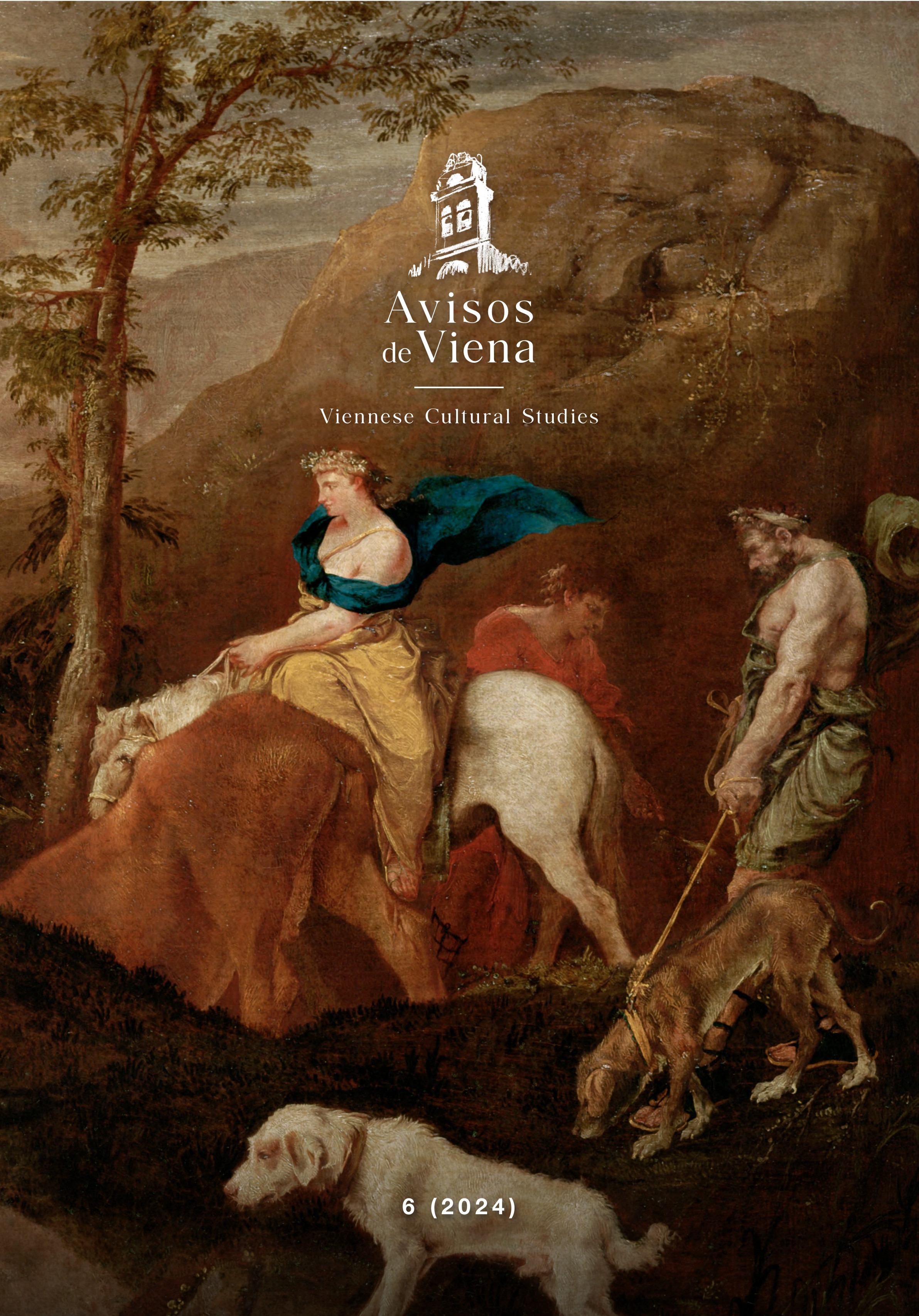Bioculturales, desde el principio
Una aproximación evolutiva al parto humano
DOI:
https://doi.org/10.25365/adv.2024.6.8519Keywords:
evolución del parto humano, antropología biológica, parto humano, Midwifery, Childbirth, Biocultural identityAbstract
The study of human childbirth from the field of Biological Anthropology offers insights into the biocultural identity of our species. While reproduction is a biological process, its expression is shaped by cultural diversification across human groups, all aimed at ensuring maternal and offspring survival. Biological Anthropology, as a discipline, explores biological traits in human populations within a biocultural framework. The interplay between biology and culture defines our species, with cultural practices evolving alongside biological changes. The evolution of bipedalism and increased brain size in Homo species has influenced the complexity of human childbirth, necessitating adaptations in pelvic anatomy. Despite these adaptations, childbirth remains challenging, requiring assistance from others within the community, highlighting the universal role of midwives. The study of childbirth illuminates key evolutionary trends in our lineage, underscoring the intricate interplay between biological and cultural factors in shaping human reproductive experiences.
References
Bogin, B., & Varea, C. (2020). Evolution of human life history. In J. H. Kaas (Ed.), Evolution of Nervous Systems (2nd ed., pp. 753–767). Academic Press, Elsevier Inc.
Dunsworth, H. M., Warrener, A. G., Deacon, T., Ellison, P. T., & Pontzer, H. (2012). Metabolic hypothesis for human altriciality. Proceedings of the National Academy of Sciences of the United States of America, 109(38), 15212–15216.
Hatala, K. G., Roach, N. T., Ostrofsky, K. R., Wunderich, R. E., Dingwall, H. L., Villmoare, B. A., Green, D. J., Harris, J. W. K., Braun, D. R., & Richmond, B. G. (2016). Footprints reveal direct evidence of group behavior and locomotion in Homo erectus. Scientific Reports, 6, 28766.
Hawkes, K., O'Connell, J. F., & Blurton Jones, N. (2018). Hunter-gatherer studies and human evolution: A very selective review. American Journal of Physical Anthropology, 165(4), 777–800.
Kaplan, H., Hill, K., Lancaster, J., & Hurtado, A. M. (2000). A theory of human life history evolution: Diet, intelligence, and longevity. Evolutionary Anthropology, 9, 156–185.
Leigh, S. R. (2004). Brain growth, life history, and cognition in primate and human evolution. American Journal of Primatology, 62(3), 139–164.
Leonard, W. R., Snodgrass, J. J., & Robertson, M. L. (2007). Effects of brain evolution on human nutrition and metabolism. Annual Review of Nutrition, 27, 311–327.
Miller, D. J., Duka, T., Stimpson, C. D., Schapiro, S. J., Baze, W. B., McArthur, M. J., Fobbs, A. J., Sousa, A. A., Sestan, N., Wildman, D. E., Lipovich, L., Kuzawa, C. W., Hof, P. R., & Sherwood, C. C. (2012). Prolonged myelination in human neocortical evolution. Proceedings of the National Academy of Sciences of the United States of America, 109(41), 16480–16485.
Simpson, S. W., Quade, J., Levin, N. E., Butler, R., Dupont-Nivet, G., Everett, M., & Semaw, S. (2008). A female Homo erectus pelvis from Gona, Ethiopia. Science, 322(5904), 1089–1092.
Downloads
Published
How to Cite
Issue
Section
License
Copyright (c) 2024 Carlos Varea

This work is licensed under a Creative Commons Attribution 4.0 International License.
© Open Access, CC BY 4.0








